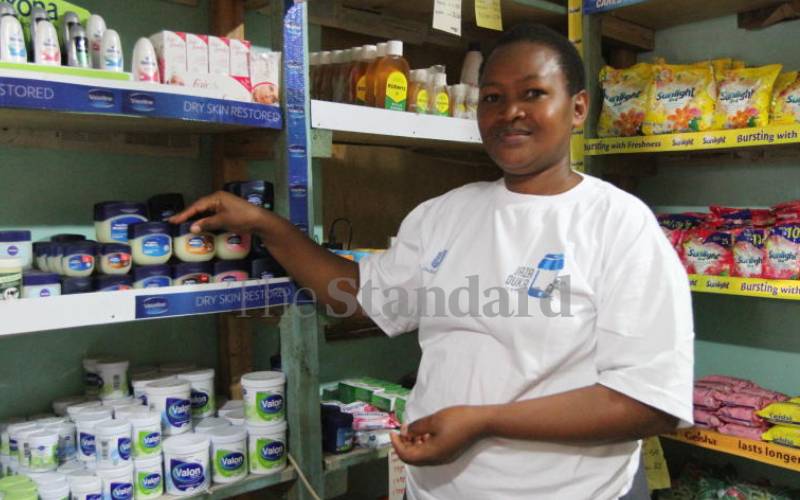×
The Standard e-Paper
Home To Bold Columnists

Sarah Macharia at her shop in Umoja, Nairobi County. [Elvis Ogina, Standard]
It is January, the toughest month of the year for many Kenyans after the excesses of the festive season.